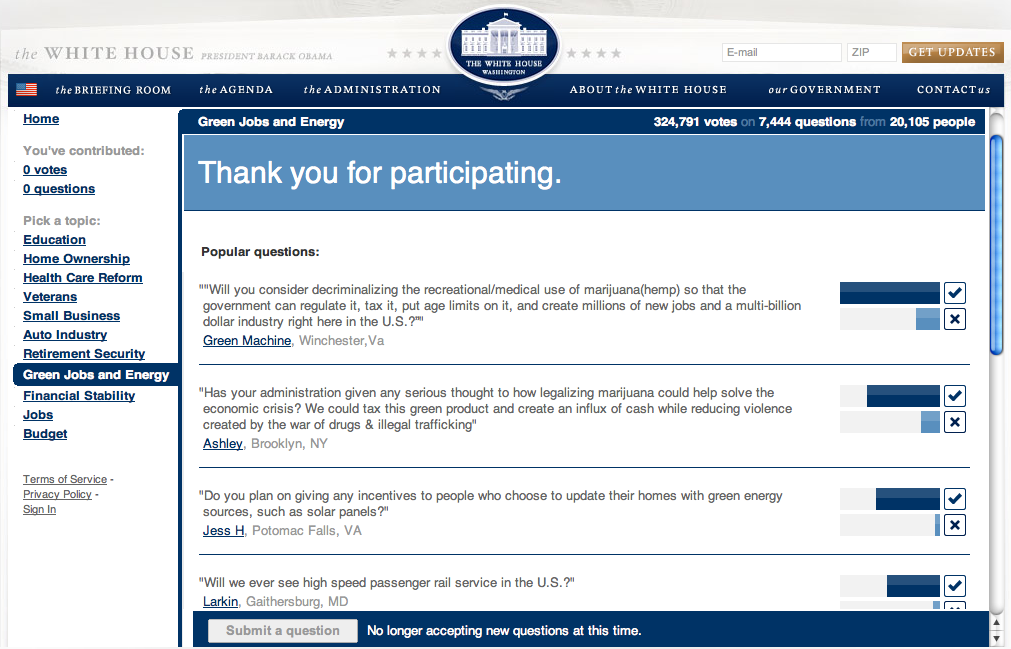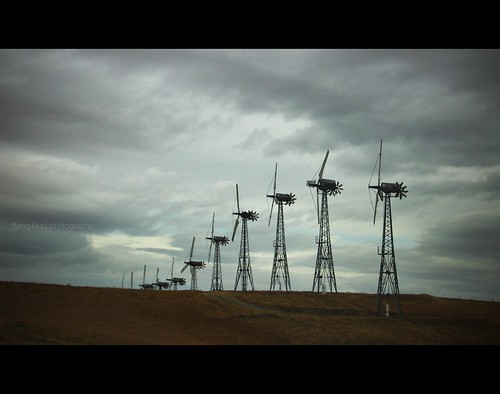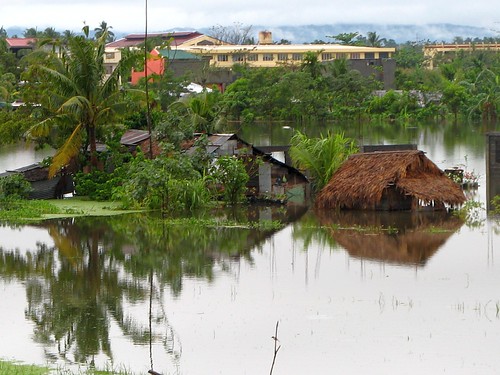PricewaterhouseCoopers (PwC) is the world’s largest professional services firm, and the largest of the “big four” accountancy firms. As such, it is by definition, a careful, conservative organisation.
Last November PwC released their annual Low Carbon Economy Index report (discussed by the authors in the video above) and it makes for very sobering reading. Especially given this report comes from PwC, not an organisation particularly known for its activism on climate matters.
Here at GreenMonk we have tended to dial back on the climate rhetoric in recent years because of the divisiveness of the reactions it tends to generate. However, we felt a responsibility to give this report an airing given the consequences of its conclusions.
What does the report say?
Its key findings are:
- The average rate of decarbonisation globally has been 0.8% a year since 2000 (it was 0.7% in 2011)
- The required rate of decarbonisation globally to meet a 2°C warming target is now 5.1% a year, every year from now to 2050, so
- Businesses, governments and communities across the world need to plan for a warming world – not just 2°C, but 4°C, or even 6°C
In case you are unfamiliar with centigrade that translates to planning for a warming world of not just 3.6°F but 7.2°F or even 10.8°F.
These temperature rises are against the baseline of the global temperature in the year 1800. And against that baseline the planet has already warmed up by 0.8°C, only allowing us another 1.2°C before we hit 2°C of warming. 2°C is the amount of warming which politicians agreed should be the upper limit at the 2009 Copenhagen Climate Conference.
So a quick recap – to limit warming to 2°C, we need to increase our global decarbonisation from its current 0.8% per annum, to 5.1% per annum every year for the next 39 years. This is an Herculean task, to put it mildly, and the longer we put it off, the more difficult it becomes. Had we started in 2000, we would have had to reduce emissions 3.7% per annum, for example. To put that in some sort of perspective, 3% is the amount of emissions which the global aviation industry is responsible for.
What does a 2°C rise in global temperatures mean?
Well, NASA’s chief Climatologist James Hansen put it well when he said:
The paleoclimate record makes it clear that a target to keep human made global warming less than 2°C, as proposed in some international discussions, is not sufficient — it is a prescription for disaster. Assessment of the dangerous level of CO2, and the dangerous level of warming, is made difficult by the inertia of the climate system. The inertia, especially of the ocean and ice sheets, allows us to introduce powerful climate forcings such as atmospheric CO2 with only moderate initial response. But that inertia is not our friend — it means that we are building in changes for future generations that will be difficult, if not impossible, to avoid.
So, it is all doom and gloom?
Not necessarily. As we mentioned above, this is going to be a massive undertaking. Decarbonisation of all of our systems is now more urgent than ever. If there were ever a time to start investing in decarbonisation projects, this is it.
Disclosure – PwC is not a GreenMonk (or RedMonk) client and no financial relationship exists between Red/GreenMonk and PwC.





